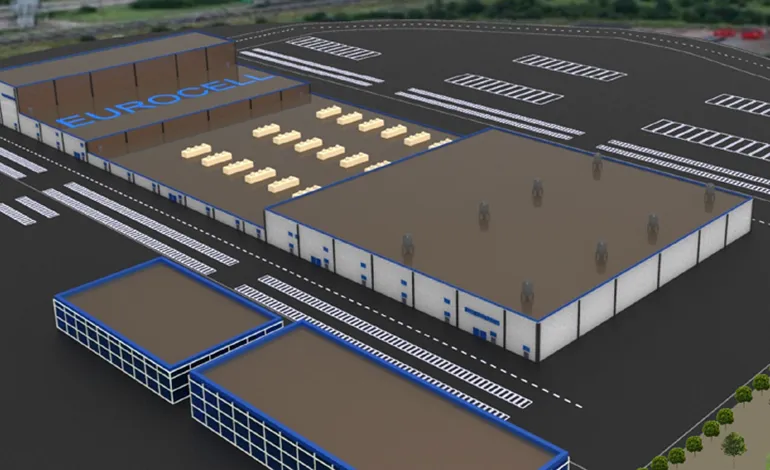Battery gamer picks Netherlands for EU gigafactory
- Eurocell intends to hit complete capacity as early as 2025 supplying power storage and emobility markets

Anglo-South Korean battery business Eurocell has actually verified that it is in advanced conversations to construct its initial European gigafactory in the Netherlands, to supply energy storage as well as emobility markets in the region.
Eurocell intends to construct its new manufacturing facility in 2 phases getting to full capacity as early as 2025.
The first phase will produce battery cells at scale by early 2023 for existing European clients.
The 2nd phase, possibly on the exact same site, will certainly can producing greater than 40 million cells each year by 2025.
Representing an initial financial investment of $800m rising to $2bn by 2028 to sustain the energy storage space market in Europe, Eurocell stated the gigafactory will certainly produce numerous direct and also indirect tasks, moving vital abilities from Korean battery experts, as well as increasing the economy in this strategic industry crucial to achieving the Netherlands' and Europe's net zero passions.
Eurocell will generate "production ready" innovations in simply one year, "far faster" than various other gigafactories, utilizing its proven battery item which is verified and also validated for scaled-up production.
Nick Clay, Chief Commercial Policeman, Eurocell EMEA, claimed: "With rapid growth plans in Europe, Eurocell is urged by the positive involvement we have had with both the Dutch Government and also NOM investment and growth firm for the Northern Netherlands over the last few months.
" As we get in the final stages of discussions, we are confident that we will certainly have the ability to validate the exact area of our first European Gigafactory in the future."
Eurocell's batteries, established in South Korea, can last "over 10 times longer" than standard lithium ion cells, making them "even more sustainable, with no 'end of life' problems as well as ideal for ESS applications offered it is also 100% risk-free".
Also read

